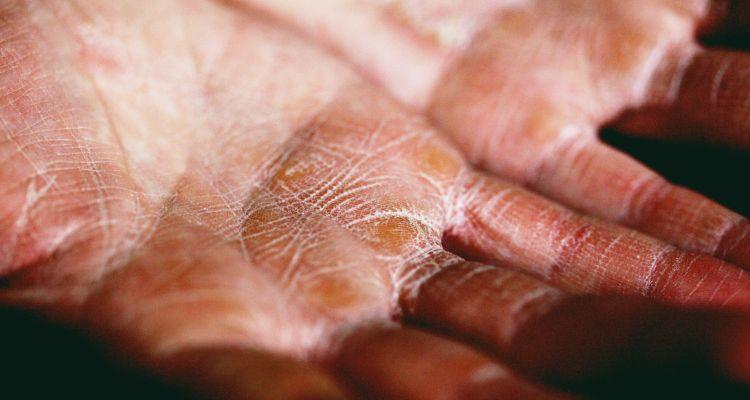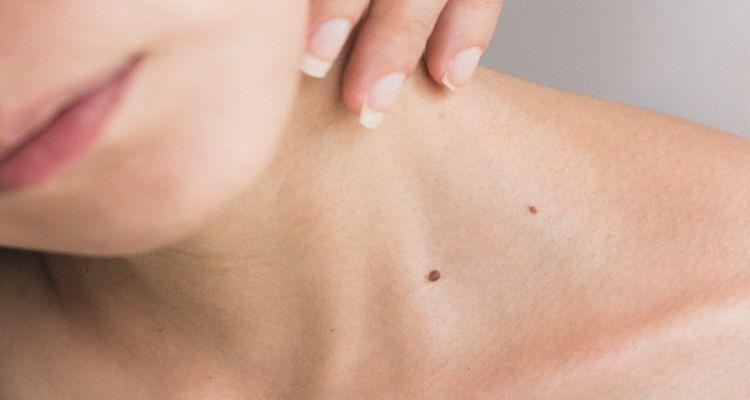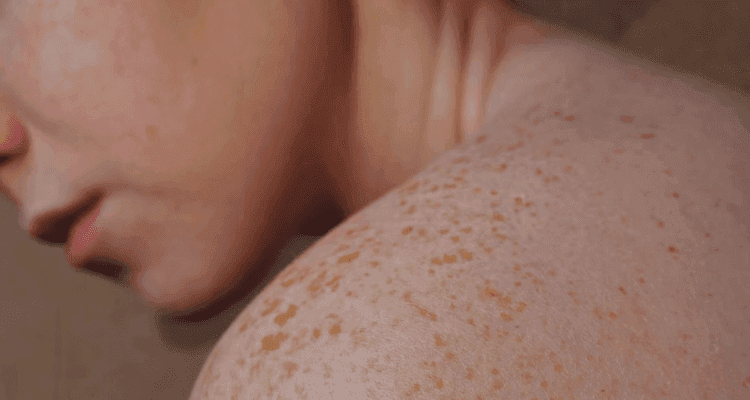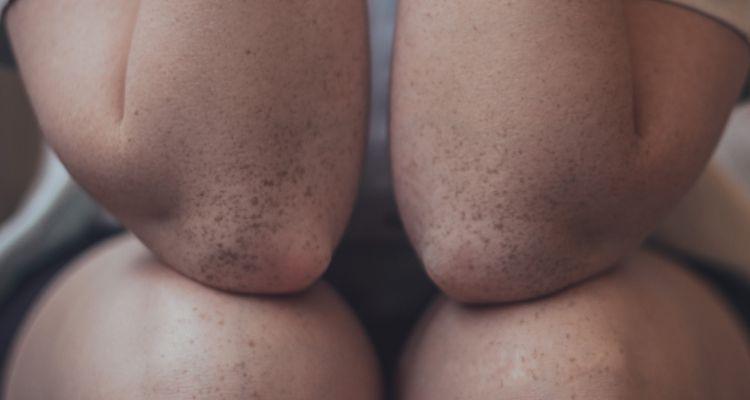
Anal fistula - symptoms, causes & treatment
Updated on 02. November 2023
An anal fistula is a tubular duct between an opening in the anal canal and an opening in the intestine. The canal runs under the skin, usually also in the area of the sphincter muscles. Anal fistulas are a chronic inflammatory disease.
Anal fistula Brief overview:
- Causes: Crohn's disease, Poor lifestyle habits
- Symptoms: Discharge of purulent fluid, pain when sitting / defecating
- Prevention: Avoid excess weight
- Treatment: Antibiotics, surgery
Anal fistula symptoms
An anal fistula can have different symptoms depending on its severity. Since the outlet of the fistula also heals up again in between, many symptoms occur chronically.
- Discharge of purulent fluid, sometimes with stool
- Pain when sitting and having a bowel movement
- malaise and even fever
- In severe cases, faecal incontinence
Anal fistula causes
Anal fistulas often occur as a result of anal eczema. However, they can also develop without this pre-existing condition. There are certain risk factors that favour an anal fistula:
- Chronic gastrointestinal diseases such as Crohn's disease
- Diseases with poorly healing wounds or immune deficiencies such as diabetes mellitus and HIV
Lifestyle habits such as prolonged sitting and smoking
Anal fistulas that have not formed from eczema usually cause less discomfort.
Anal fistula treatment
It is unlikely to cure a fistula without medical intervention. Antibiotics can be used to reduce the activity of the inflammation. Immunomodulators, which are used to treat chronic bowel disease, can lower the activity in the fistula and increase the quality of life.
How is anal fistula surgery performed?
Fistulas run mainly in the skin behind the sphincter muscles. Therefore, in the case of anal fistula surgery, careful consideration must be given to which form of surgery is performed. Sphincter weakness and thus faecal incontinence should be avoided. Classical procedures, such as fistula splitting and fistulectomy, can impair the sphincter muscle. In the meantime, however, minimally invasive therapies have also proven effective in protecting the sphincter muscle. These include laser therapy and the injection of tissue fillers into the fistula.
Is there a risk of the fistula coming back?
There is a 50% chance that an anal fistula will recur. The recurrence of the fistula depends on the surgical method and the extent of the fistula. The lowest probability is with fistula splitting.
What home remedies help with anal fistula?
Home remedies cannot cure anal fistula. However, they are very good for supporting healing after surgery. Sitz baths with [witch hazel]() and camomile help reduce inflammation and promote healing.
How is anal fistula diagnosed?
Doctors usually diagnose anal fistulas through a physical examination. They may also use ultrasound, CT scans, MRI scans or anoscopy.
Can anal fistula be prevented?
There are no specific methods to prevent anal fistula, but a healthy lifestyle, including a high-fibre diet and regular exercise, can reduce the risk of an anal abscess, which often leads to fistula.
Can an anal fistula heal by itself?
Usually, anal fistulas do not heal on their own and require medical treatment, often surgery, to heal. If left untreated, anal fistulas can lead to repeated anal abscesses and other complications.
Can anal fistula recur?
Yes, there is a chance that anal fistulas can return after treatment. Some studies suggest that up to 20% of fistulas can return after surgery.
Is anal fistula contagious?
No, anal fistulas are not contagious. They usually develop as a result of an infection or inflammation in the anus area, but they cannot be transmitted from person to person.
Can anal fistulas cause pain?
Yes, anal fistulas can cause pain or discomfort, especially when sitting or having a bowel movement. Some people also report a constant, dull pain that can be worsened by movement or pressure.
Can anal fistulas bleed?
Yes, anal fistulas can cause mild bleeding, especially after defecation. However, if bleeding is more severe or persistent, a doctor should be consulted.
Can stress make anal fistula worse?
There is no direct link between stress and anal fistula, but stress can weaken the immune system and lead to poorer general health, which in turn could increase the risk of infection.

Hameli's vision
Go to Vision
Vaginal Fungus - Symptoms, Causes & Treatment
Go to Vaginal mycosis
Dry skin - What helps against it?
Go to Dry skin
Witch hazel - varieties, cutting, effect, & products
Go to Witch Hazel
Recognise and treat coccygeal fistula
Go to Coccygeal fistula
Labial tear - Symptoms, Causes & Treatment
Go to Labial tear
Intertrigo - Cause, symptoms and treatment of the skin wolf
Go to Intertrigo
Anal abscess: symptoms, recognition, causes & treatment
Go to Anal abscess
Chickenpox - symptoms, vaccination, infection and treatment | Hamelis
Go to Chickenpox
Seborrhoeic Eczema - Symptoms, Causes & Treatment
Go to Seborrhoeic eczema
Anal fissure - Symptoms. Causes & home remedies
Go to Anal fissure
Vaginal dryness - symptoms, causes & treatment
Go to Vaginal dryness
Hives - Cause, symptoms and treatment
Go to Hives
Hamelis experts
Go to Experts
Rose lichen - symptoms, causes and treatment
Go to Rose lichen
Scars - treatment and removal
Go to Scar
Ringworm: Symptoms, Causes & Treatment
Go to Ringworm
Scabies - symptoms, cause and treatment
Go to Scabies
Treat anal eczema sustainably
Go to Anal eczema
Eczema - symptoms, causes and treatment
Go to Eczema
Contact allergy - symptoms and treatment
Go to Contact allergy
Treat stubborn nail fungus
Go to Nail fungus
Crabs - Intimate area, symptoms & treatment
Go to Crabs
Pruritus - Causes, symptoms and treatment
Go to Pruritus
Rosacea on the face - symptoms, causes and treatment
Go to Rosacea
Perioral dermatitis - symptoms, treatment & home remedies
Go to Perioral dermatitis
Skin fungus - cause, symptoms and treatment
Go to Skin fungus
Perineal tear - origin, degrees & causes
Go to Perineal laceration
Anal prolapse: symptoms, causes, treatment
Go to Anal prolapse
Skin rash - causes and treatment
Go to Skin rash
Genital herpes - woman, man & symptoms
Go to Genital herpes
Atopic dermatitis in children, adults and pets
Go to Atopic dermatitis
Angioedema - symptoms, causes and therapy
Go to Angioedema
Nappy dermatitis - cause and treatment of sore baby bottom
Go to Diaper rash
Sunburn - symptoms, duration & what helps?
Go to Sunburn
